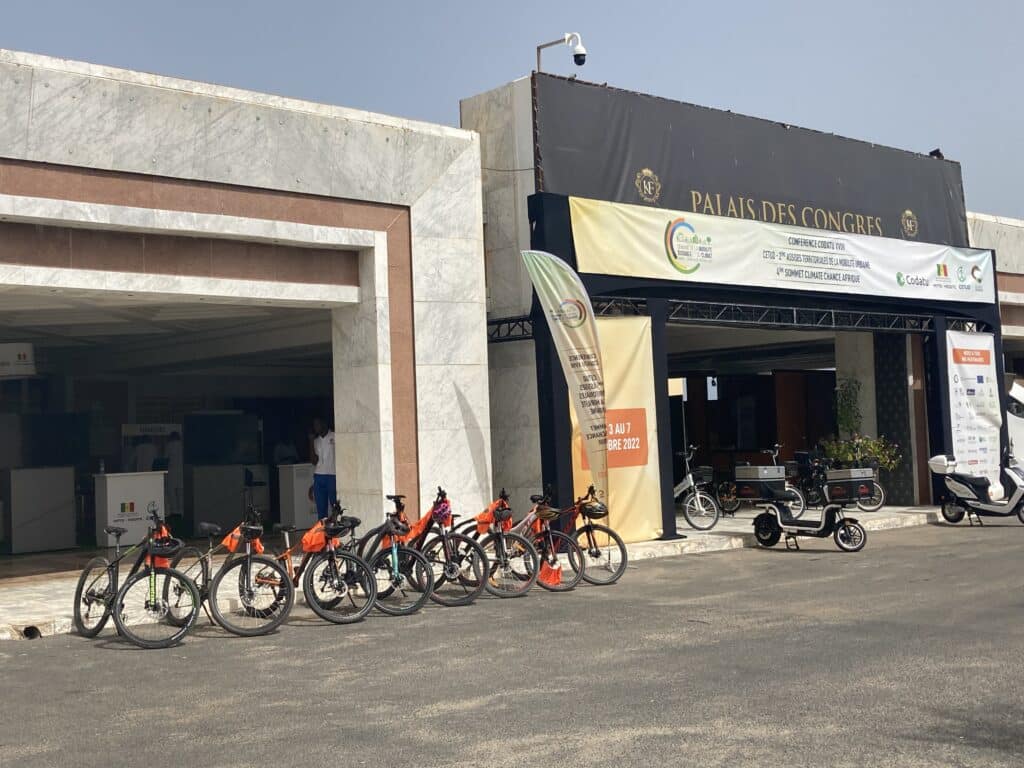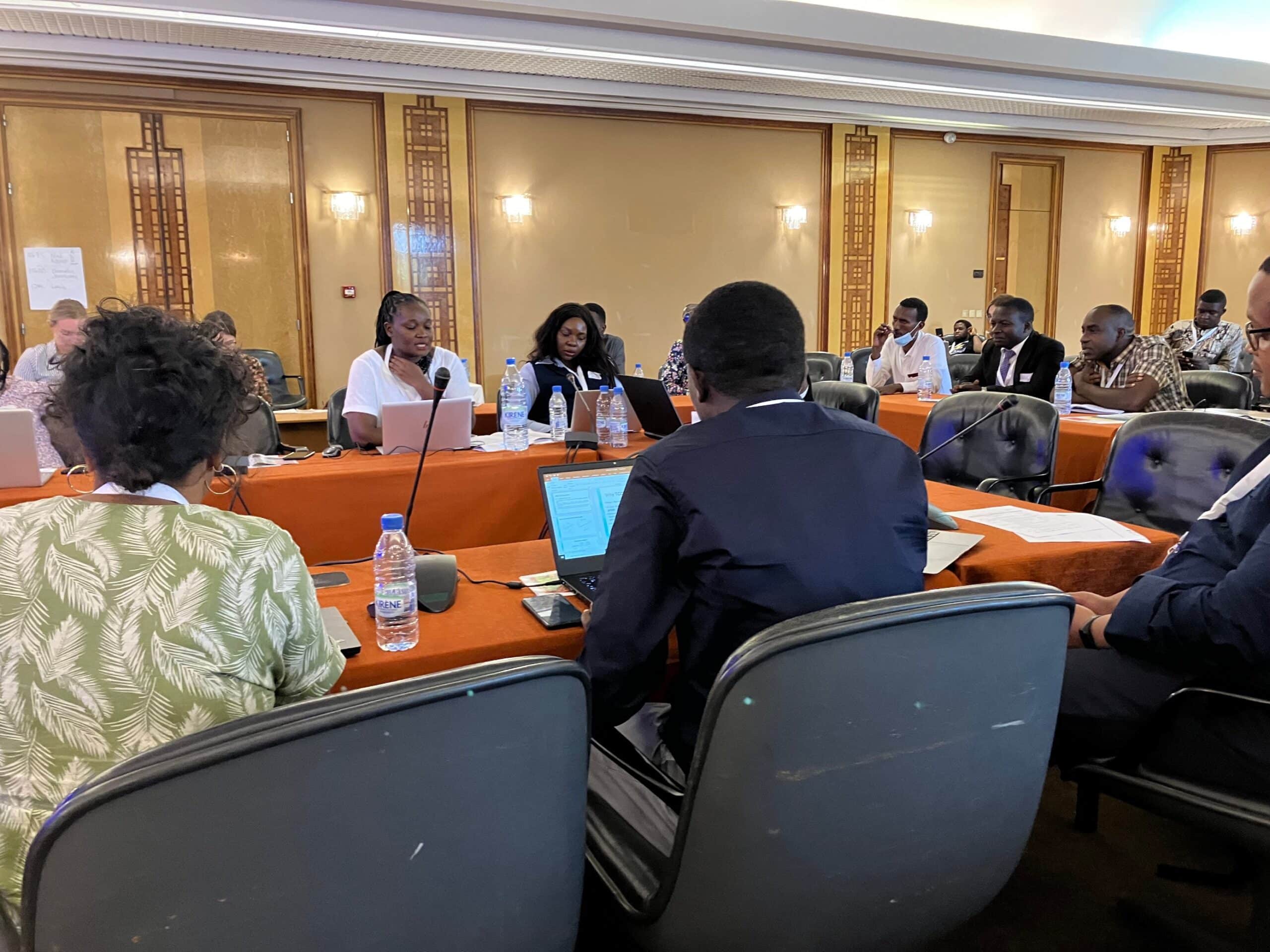
From 6 to 18 November the global community is convening at the COP27 in Sharm el-Sheikh, Egypt. As a major driver of global climate change, the transport sector is naturally on the agenda at COP27. At the same time, the climate negotiations in Egypt are being touted as an “African COP”, as they will spotlight the needs of African countries and their position in the global climate crisis.
The African transport community is well prepared for Egypt. Just one month ago, some 1000 practitioners and experts met for the Sustainable Mobility and Climate Week in Dakar, Senegal. Organised by CODATU, CETUD and Climate Chance, the event was described as a “pre-COP” for transport in Africa. Given the conference location and organisers, a focus was placed on French-speaking Africa. However, interpretators enabled the participation of several English-speaking experts and organisations in the discussions.
The topics addressed during the week were manifold, yet focused on those issues that are most pressing for mobility in African countries, including informal transport, city planning, support for active mobility, the financing of transport infrastructure, the effective use of data, and resilience and adaptation to climate change through nature-based solutions, including a “Great Green Wall” for biodiversity in Africa.


The Dakar Declaration, which was presented at the close of the conference, sums up important aspects of these discussions, which featured African local and regional authorities as well as non-state actors. The declaration highlights issues sure to inform the COP27 in Sharm el-Sheikh.
With the aim of achieving synergies with previous conferences and declarations while also advancing the above goals, the Dakar Declaration draws attention to 12 action areas:
Representatives from civil society organisations, multinational development banks, and international agencies engaged in fruitful exchange during the conference sessions and workshops. In addition, the MobiliseYourCity Partnership and the Transformative Urban Mobility Initiative brought together representatives from their African member and partner cities.



On the final conference day, more than 20 cities participated in a discussion round titled “World Café – Bringing African Voices to COP27”, which addressed how international institutions can support decarbonisation and climate resilience in their cities. Many aspects of the Dakar Declaration reflected concerns that emerged from this discussion, including:
The Dakar conference generated a number of clear messages and insights. Furthermore, the urgency of the climate crisis is particularly evident in Africa given its already significant impacts. The extent to which the Dakar conference shapes the proceedings in Sharm el-Sheikh remains to be seen, however. If you are interested in the conference’s outcomes, be sure to follow the SLOCAT Summary of Transport Community Engagement at COP27. The webpage additionally profiles SLOCAT activities that focus on the African context. Make sure to listen-in for the Slocat Transport Day on November 15th, taking place at the Multilevel Action Pavillion. The programme will include the screening of short statement videos from city representatives who engaged in the World Café discussion in Dakar.
The Advancing Transport Climate Strategies (TraCS) project supported the World Café session organised by MobiliseYourCity in Dakar and was present throughout the conference. TraCS is implemented by GIZ and funded by the International Climate Initiative (IKI) of the German Federal Ministry for Environment, Nature Conservation and Nuclear Safety (BMUV).

Verena Knöll
You are currently viewing a placeholder content from X. To access the actual content, click the button below. Please note that doing so will share data with third-party providers.
More Information